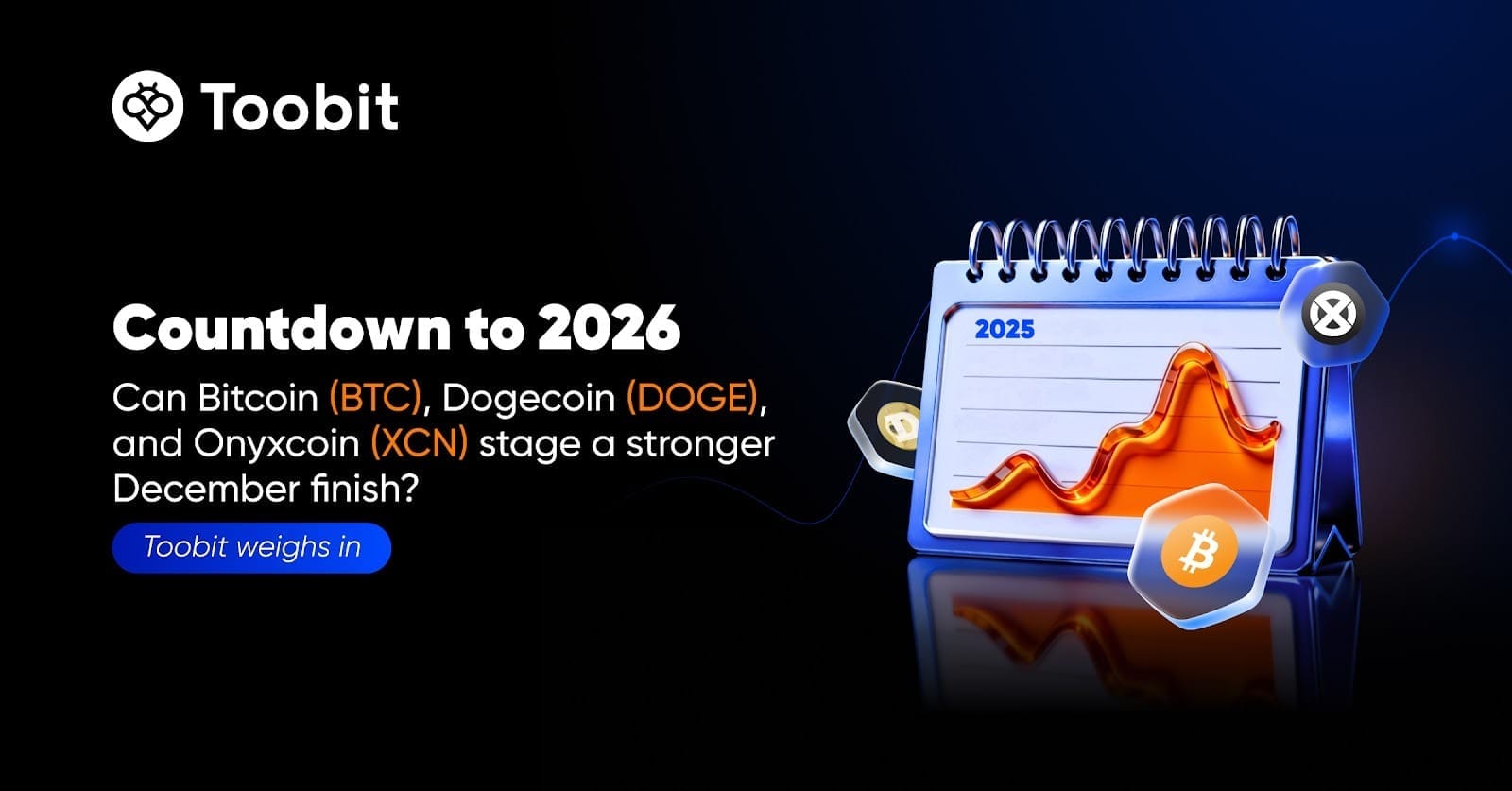Table of Contents
Over the past few years, cryptocurrency and blockchain technology have had a huge impact on many sectors, particularly e-commerce. So, let's dive into a few ways crypto is revolutionising the future of e-commerce.
Real-Time Purchasing
Today, more and more technologies are combining the virtual and the physical to create immersive, interactive experiences. This has largely been pioneered by the online casino industry, particularly by the introduction of live-streaming. When players try live casino games at Paddy's, they will find games which utilise traditional card tables and physical wheels. The human host streams the gameplay to virtual players in real time. Through technology like augmented reality (AR), physical cards disappear from the table, and reappear transformed as digital icons into a unique virtual hand for each player.
This is comparable to non-fungible tokens (NFTs), which, of course, are digital assets that represent real-life objects. As these objects could be anything from art to music, real estate to collectibles, the use of AR and NFTs can have transformative effects on the future of e-commerce. Through this technology, audiences will be able to see the digital assets through their screen, during something like a live online shopping event. The NFTs can then be viewed and purchased in real time, giving the consumer instant ownership over the tangible asset for efficient trading.

Secure Payments
Cryptocurrencies have been emerging as a popular digital payment solution. As they are decentralised and unregulated, they cannot face government intervention, or be affected by things like inflation policies, and do not involve banks or other financial institutions. However, the key benefit for e-commerce sites comes with the consideration for security. Each crypto wallet has its own private key, which is required to access the cryptocurrency. In addition, crypto transactions are logged by blockchain, which is verified by a scattered network of computer systems.
With this in mind, transactions are secured with both private and public keys, alongside a range of other security protocols. It is almost no surprise, then, that retail, luxury retail, and e-commerce are the leading adopters of cryptocurrency payments, with over 300 major companies such as H&M, Etsy, Gucci, and Ralph Lauren all accepting crypto payments online.

No Hidden Fees
Speaking of online payments, many traditional payment systems incorporate transaction and processing fees. This either pops up at the checkout as a hidden unexpected cost, or is absorbed by the seller and incorporated into the cost of purchase. That said, blockchain payments eliminate the need for middlemen or intermediaries, and thus their associated costs. This helps retailers operate cost effectively, and remove hidden fees from the transaction.
In addition, blockchain can assist with inventory control. According to SDC Executive's article, 66% of businesses reported being overstocked last year, which can cost businesses a tonne of money in storage and removal costs. Mistakes in inventory causes a loss of around £610 billion globally, the majority of which is contributed by overstocking. This cost is inevitably passed down to consumers - however, blockchain inventory control mitigates this, reducing the risk of inflated costs for both the business and consumer.
Overall, cryptocurrency and blockchain technology allows online retailers efficiency in both speed and cost of transactions, as well as providing payment security. As technology continues to improve, this can only make e-commerce more efficient and secure in the future.di








